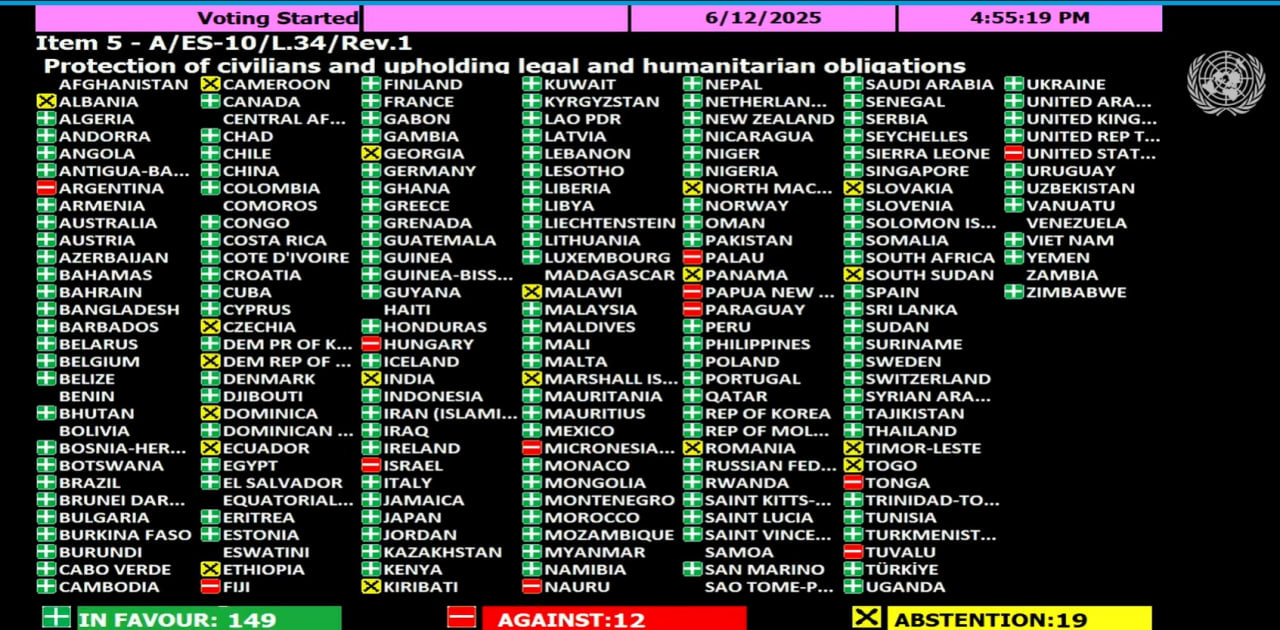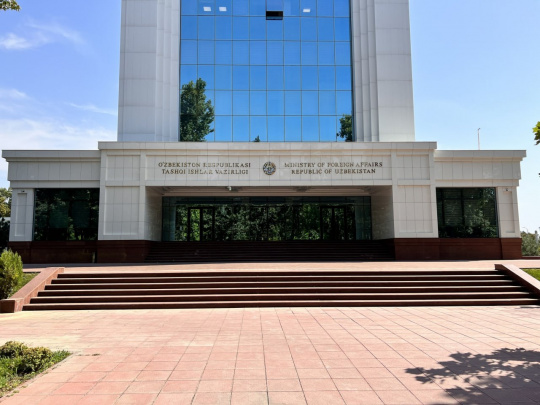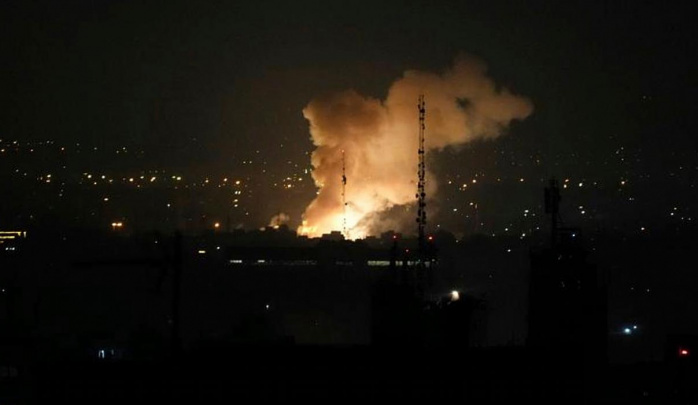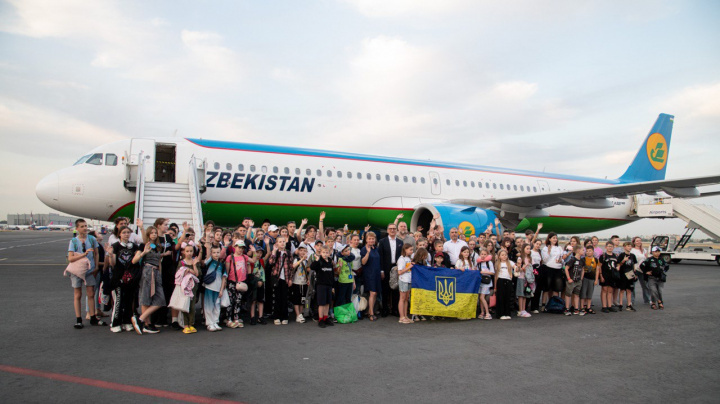Uzbekistan and 148 UN member states demand immediate ceasefire in Gaza
The United Nations General Assembly has adopted a resolution calling for the immediate, unconditional, and lasting cessation of military operations in the Gaza Strip. A total of 149 countries voted in favor of the resolution, while 12 opposed it and 19 abstained.

Among the countries that voted against the resolution were the United States, Israel, Hungary, Argentina, Paraguay, and others. Georgia, India, Romania, and Ecuador were among those that abstained.
Proposed by 23 countries, including Palestine and Spain, the resolution calls for a ceasefire, the release of hostages, and the complete withdrawal of Israeli forces from the Gaza Strip. It also condemns the use of starvation as a method of warfare and demands unimpeded humanitarian access to Gaza.
In addition, the resolution includes a demand for the immediate release of all hostages held by Hamas and other groups.
The vote came just days after the United States blocked a similar initiative in the UN Security Council.
Although General Assembly resolutions are not legally binding, they carry significant political and moral weight.
The resolution was adopted as part of the 10th Emergency Special Session of the General Assembly, which resumed its work on Thursday. This session, dedicated to Israel’s illegal actions in the occupied Palestinian territories, was first convened in April 1997.
The most recent meeting of the 10th Emergency Special Session was held in December 2024, during which two resolutions were passed: one demanding a ceasefire in the Gaza Strip, and another reaffirming full support for the UN Relief and Works Agency for Palestine Refugees in the Near East (UNRWA), whose operations had been restricted by Israel.
Since the adoption of Resolution 377A(V) in 1950, the General Assembly has convened 11 emergency special sessions in total. This resolution grants the Assembly the authority to address matters of international peace and security when the Security Council is unable to act due to a lack of unanimity among its five permanent members — China, France, Russia, the United Kingdom, and the United States.
Related News

12:11 / 13.06.2025
Uzbekistan’s Foreign Ministry urges citizens in Iran and Israel to follow safety protocols amid rising tensions

11:39 / 13.06.2025
Israel launches massive attack on Iran’s military and nuclear sites

19:30 / 10.06.2025
Uzbekistan calls for diplomatic resolution to Ukraine crisis and justice for Gaza

12:26 / 07.06.2025



